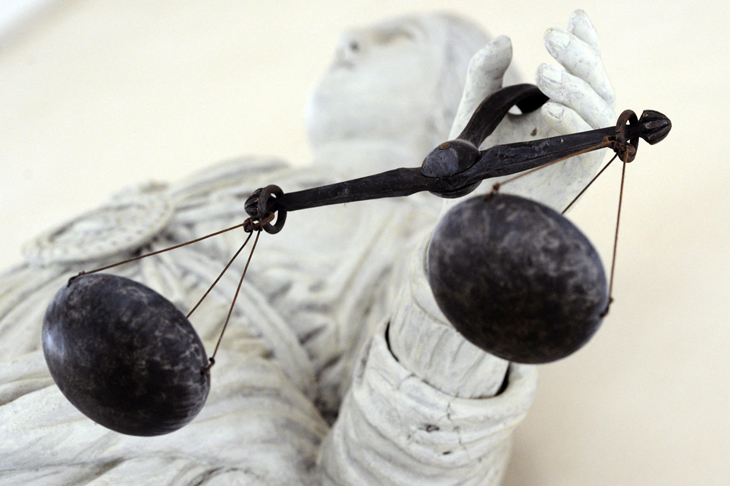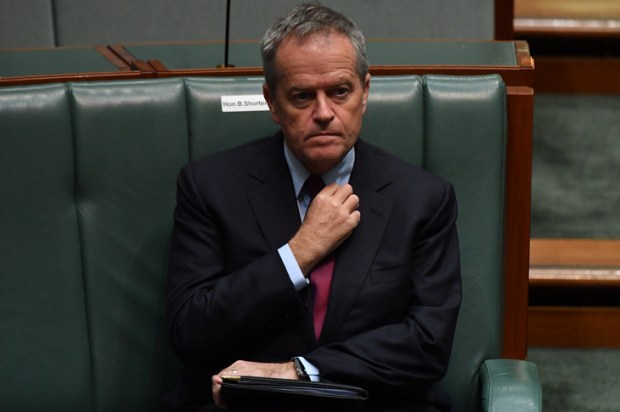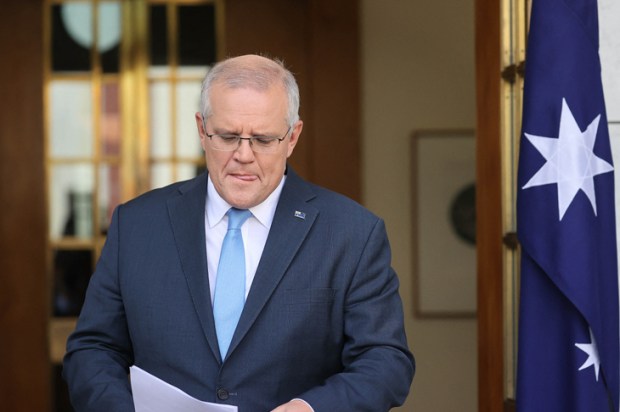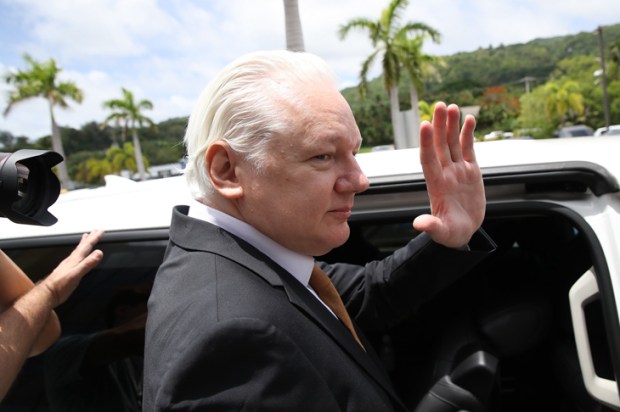To say that Australia has sunk into a morass would probably be making a claim for understatement of the year. However, the repeated attacks on the rule of law show just how deep that morass is.
Probably best represented by the statue of Lady Justice, the rule of law demands that it be applied impartially, objectively and transparently to ensure that everyone is equal before it, thereby not being able to be manipulated to serve the ends of a powerful few.
Already a subscriber? Log in
Subscribe for just $2 a week
Try a month of The Spectator Australia absolutely free and without commitment. Not only that but – if you choose to continue – you’ll pay just $2 a week for your first year.
- Unlimited access to spectator.com.au and app
- The weekly edition on the Spectator Australia app
- Spectator podcasts and newsletters
- Full access to spectator.co.uk
Or
Unlock this article
You might disagree with half of it, but you’ll enjoy reading all of it. Try your first month for free, then just $2 a week for the remainder of your first year.














Comments
Don't miss out
Join the conversation with other Spectator Australia readers. Subscribe to leave a comment.
SUBSCRIBEAlready a subscriber? Log in